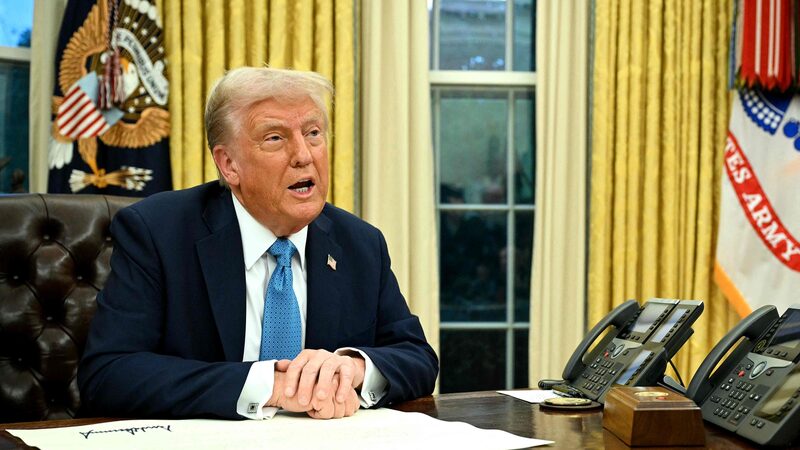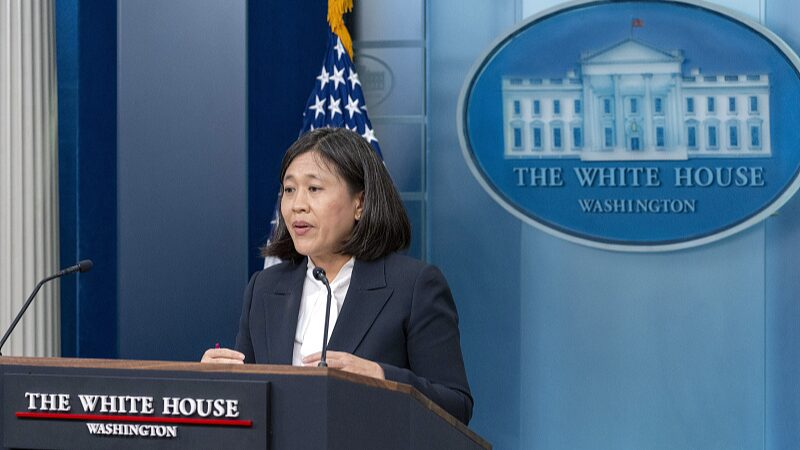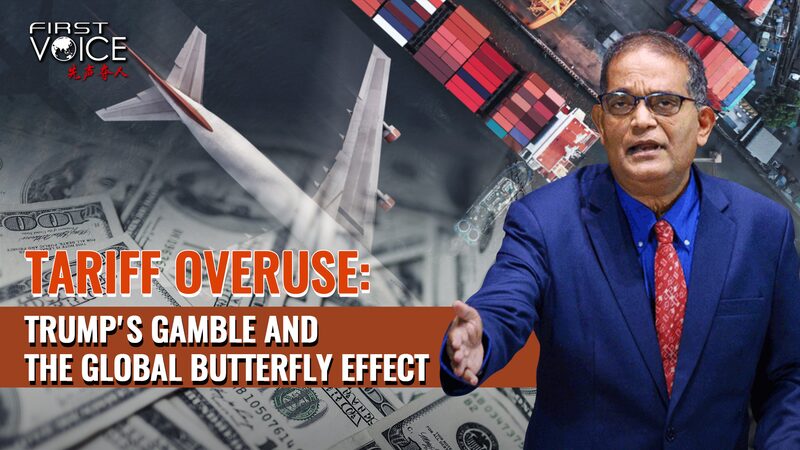Tariffs have long been a tool in the arsenal of economic policy, aimed at protecting domestic industries and addressing trade imbalances. However, recent analyses suggest that tariffs are no 'panacea' for the multifaceted economic troubles facing the United States.
Chen Weidong, deputy dean of the Institute of Foreign Law and Governance at the University of International Business and Economics, emphasizes that while tariffs can provide short-term relief by shielding American businesses from foreign competition, they often lead to unintended consequences. These include increased prices for consumers, strained international relations, and retaliatory measures from trade partners.
Moreover, the effectiveness of tariffs is often limited by the complexity of global supply chains. In today's interconnected economy, goods are frequently produced across multiple countries, making it challenging to isolate the impact of tariffs on specific industries. As a result, the anticipated benefits of tariffs may be diluted or offset by broader economic dynamics.
Chen also highlights the importance of complementary policies that address structural issues within the economy. Investments in education, infrastructure, and innovation are essential for fostering long-term economic resilience. Without these measures, tariffs alone cannot resolve deeper systemic challenges such as wage stagnation and declining competitiveness in key sectors.
In conclusion, while tariffs can play a role in a comprehensive economic strategy, they should not be viewed as a standalone solution. Policymakers must consider a balanced approach that incorporates both protectionist measures and initiatives aimed at enhancing the overall strength and adaptability of the economy.
Reference(s):
cgtn.com





